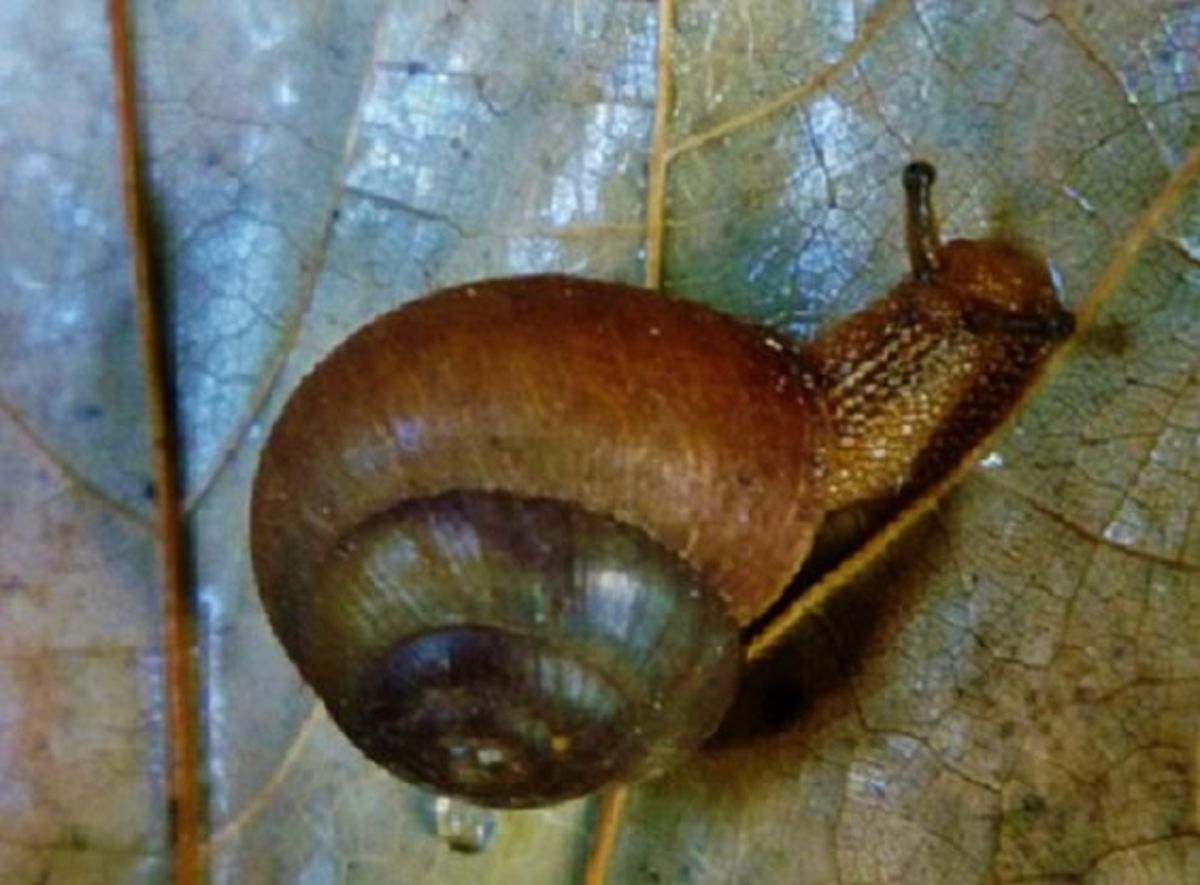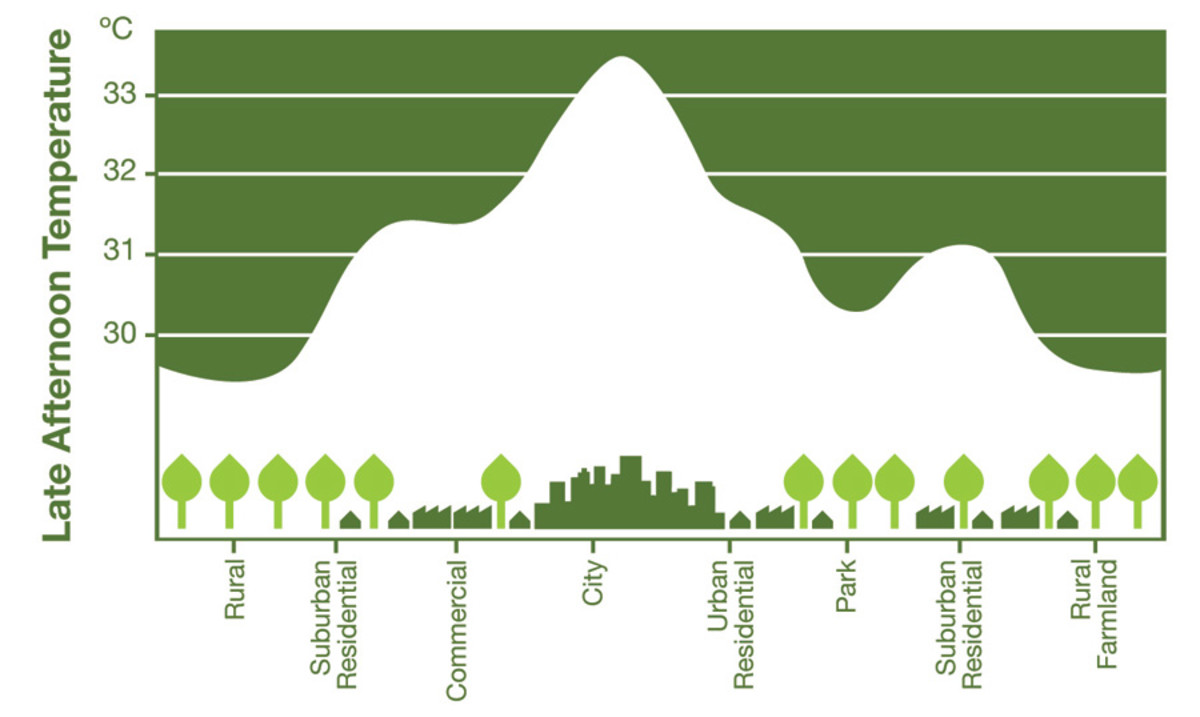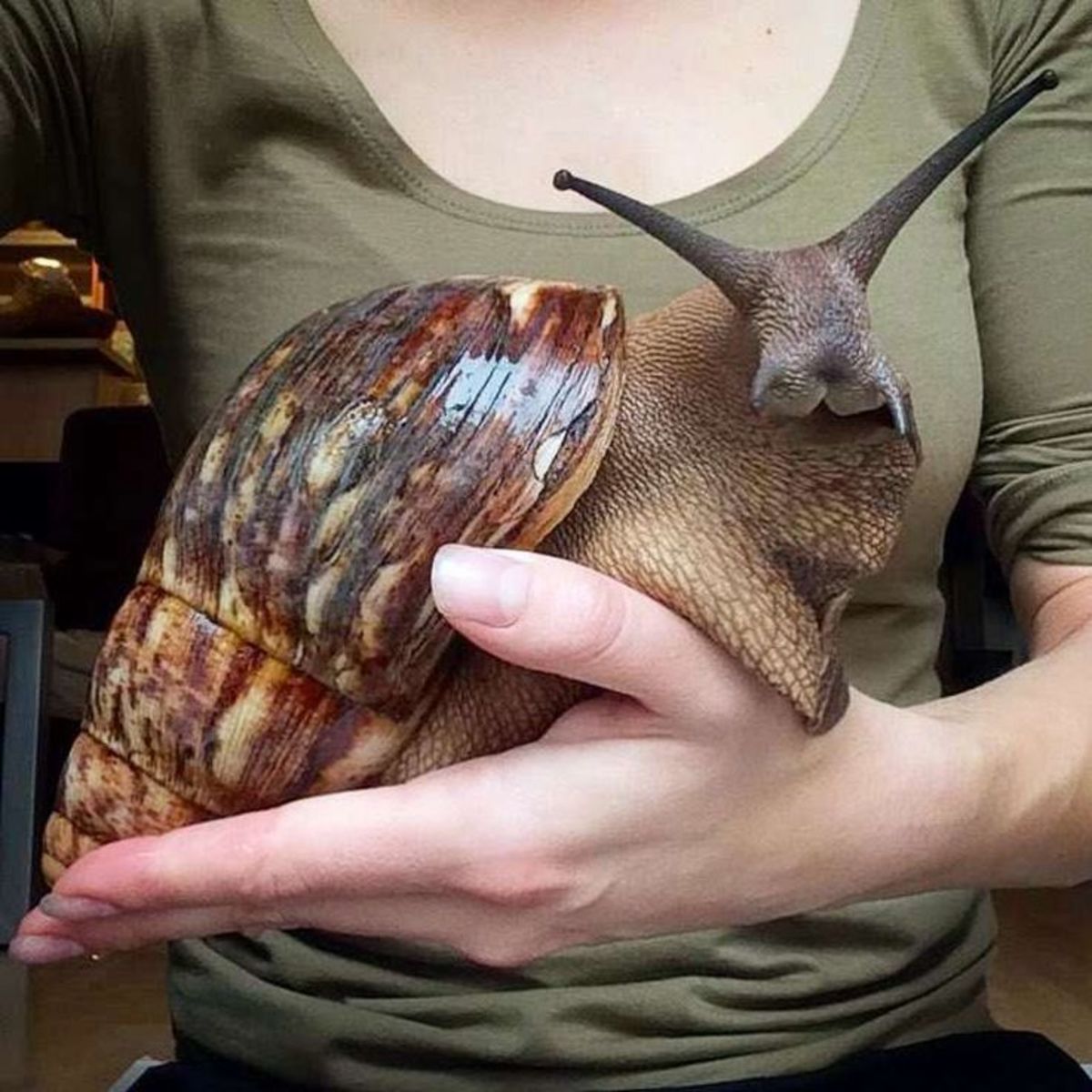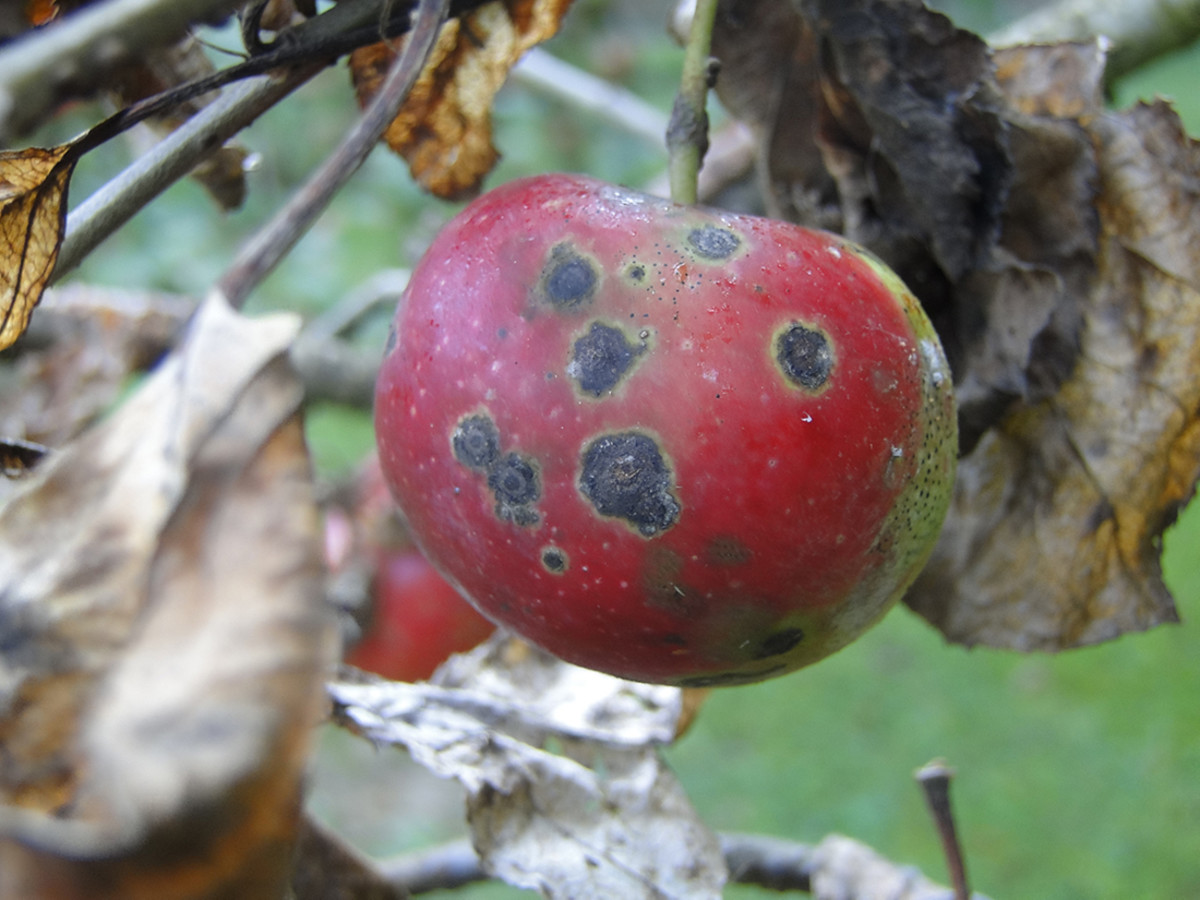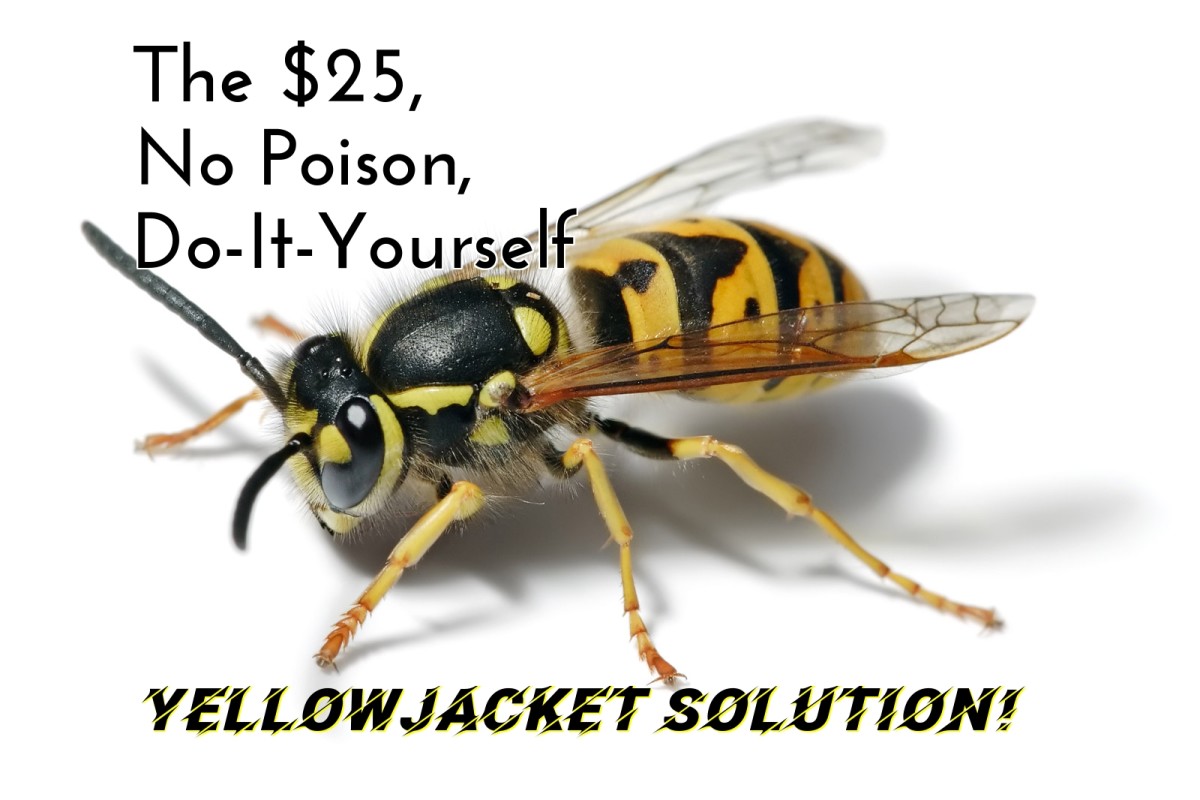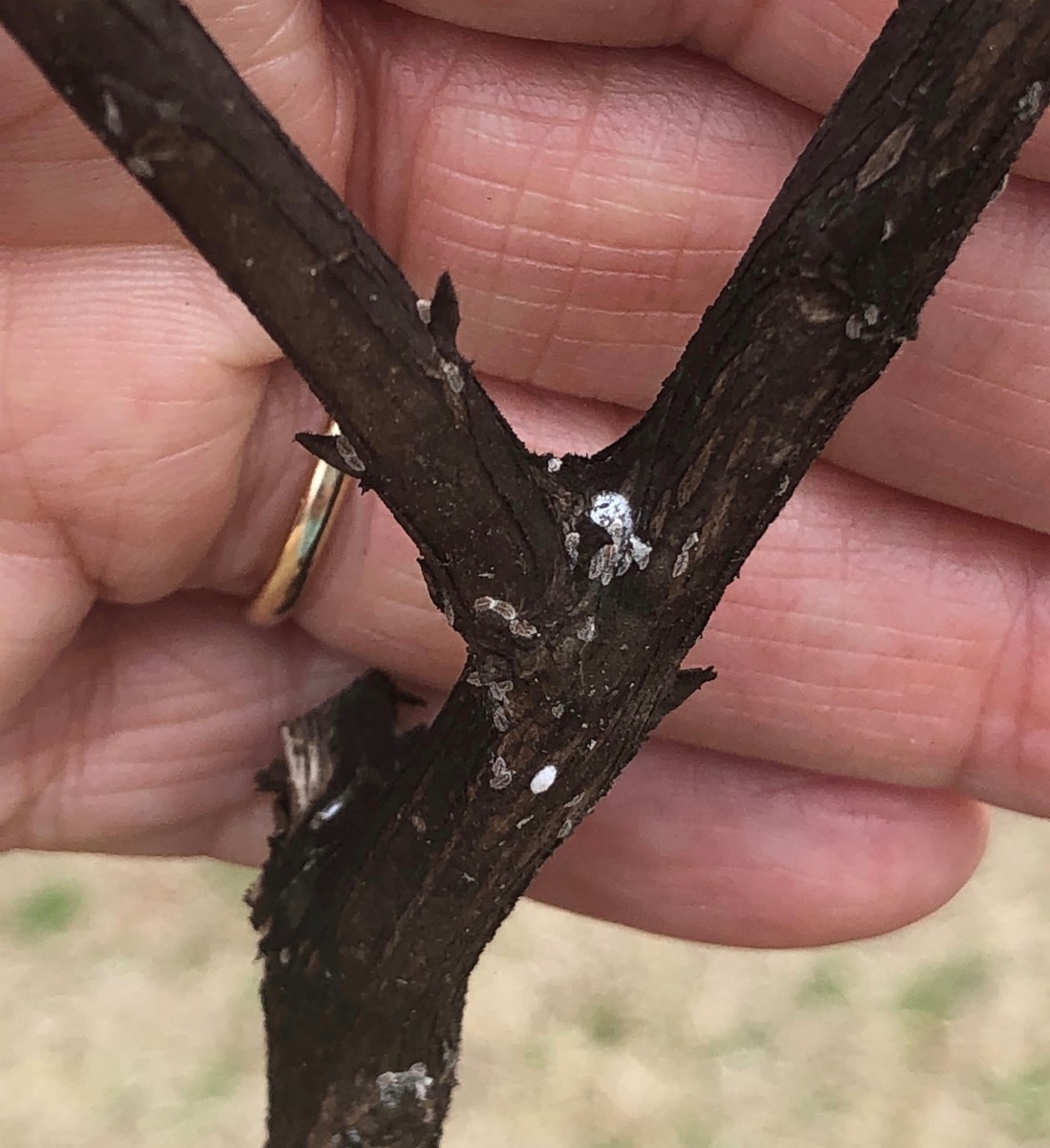Environmentally Friendly Snail Control Methods
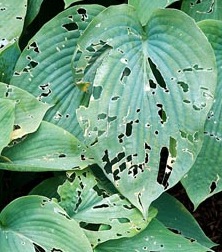
Are snails and slugs out of control in your garden? If so, you may be looking for an environmentally friendly way to kill snails. Although they may seem like harmless creatures, snails can do an incredible amount of damage to your vegetable garden, in addition to spreading diseases such as e. coli to food crops. The common brown garden snail, or Cornu aspersum, was introduced into North America from France in the mid 1800's for use as food. The species has now spread to all fifty states and has become a major garden pest. Snails chew holes in tender plants, eat tender vegetables such as strawberries and tomatoes, leave slime trails that cause leaves to wilt and die, and are even a vector for disease. Garden snails do have a few natural enemies, such as chickens, snakes and a species of beetle, however introducing any of these into a garden for snail control can create other problems.
First Step: Understanding Why You Have A Snail Problem
The first step in getting a handle on your snail infestation is to understand what may have caused the situation in the first place. Snails do not generally pose much of a problem to gardeners unless the right conditions have been created for a population explosion to occur. One sure way to get a lot of snails and slugs in your garden is to be a messy gardener. If you let your garden lie fallow, or allow dead plants and debris to collect on the soil, snails will move in to dine on the decomposing matter. Snails also live and lay eggs under debris in your garden. You should always remove all dead vegetation from your garden and till under what remains at the end of the season. Place excess vegetation and rotten vegetables in a compost tumbler near your garden. This will give you a supply of good fertilizer for next year's garden, and help keep snails at bay. Avoid placing things such as garden gnomes or other decorations in your garden, since these create yet another place for snails to crawl under and live.
Keep Snails Away With Copper Tape
Snails hate copper metal. For decades gardeners have sucessfully used copper barriers to keep snails away. You can buy copper "snail tape" at most garden stores and online. When snails crawl on the barrier, their central nervous system receives a tiny shock, which is created by an electrical reaction between the copper and their protective slime. Place snail tape on a treated 4x4's or some other kind of barrier around your garden. Treated wood also contains small amounts of copper, which helps repel snails in addition to the copper tape. This method will help keep snails out, but unfortunately won't solve the problem of the snails that are already inside your garden. To keep copper snail tape working effectively, polish it every few months with a mixture of sand and ketchup.
Below is a video of a snail actually being repelled by copper tape.
When Good Housekeeping Is Not Enough
You may be the neatest gardener in the world, but other conditions which are beyond your control may lead to a snail population explosion. If your neighbors neglect to pick up their pet's waste or leave food waste outside for example, you may get more snails in your yard since they are breeding next door. You may have to resort to snail poisons. Here you have a couple of choices. You should be aware that while both of these methods work about equally as well as the other, one of them can have serious consequences for your pets.
The snail poison Metaldehyde can cause seizures and death in cats and dogs if they ingest it. Aside from cats and dogs, Metaldehyde based snail bait can kill raccoons, opossums and other nocturnal animals, who may die a slow, agonizing death after eating it.
A safer, more environmentally friendly way to kill snails is to use a natural poison such as iron phosphate. There are several brands of iron phosphate based snail bait on the market, including Ortho Elementals and Sluggo. This method is approved for organic farming and gardening and is safe for dogs and cats. Iron phosphate is a fertilizer, and once the snail bat dissolves it begins to fertilize plants. The cost for a one pound container of iron phosphate snail bait is about $4.00, so treating even a large garden or yard is relatively inexpensive. To get the most out of iron based snail baits, water the area just before applying the poison to get snails moving. Apply bait late in the evening and when there is little chance of rain.
In addition to iron phosphate snail poison, some gardeners report having success using snail traps baited with beer. To make a beer snail trap, place a cup of beer in a plastic container that you bury at ground level. Snails are attracted to the sweet smell of the beer, then fall down into the container and drown. This method of killing snails is eco - friendly, yet is not very effective if you have a severe infestation.
In severe cases, you may need to use a combination of all of the snail control methods mentioned in this Hub. You should find that these methods will all eventually work to help get rid of snails in your garden.


